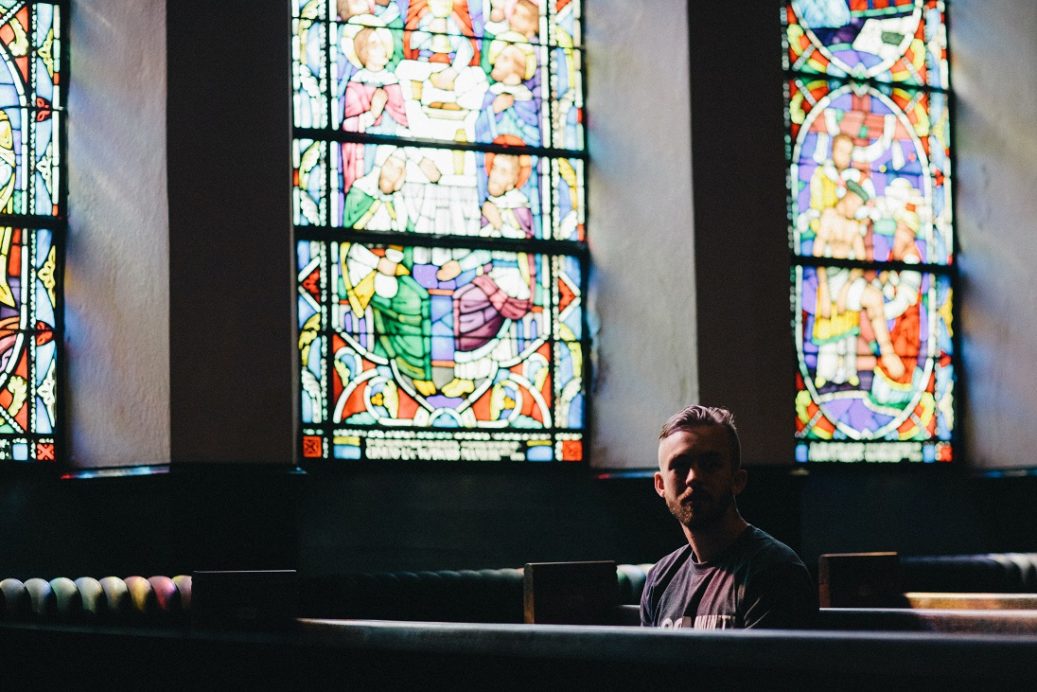During the COVID-19 pandemic, Christians around the world – along with the rest of society – had to stop meeting like they once did. This abruptly shifted the rhythms many followers of Jesus had been used to. For some, this was the first time in their entire lives that they did not “go to church.” The church was closed.
Or was it?
One of the major questions two men in a discipleship triad I was part of during those days was, “Why church?” The absence of the opportunity to go to a worship service stirred an underlying, deeper, more fundamental question that many had been wondering about for a while: What is the church anyway? Why does the church matter? Why do we need it? Why does the world need it?
Jesus made a profound declaration: “I will build my church, and the gates of Hades will not overcome it.” (Matthew 16:18) Does this mission statement sound like your experience of church?
Would This Kind of Church Ever Be Closed?
Jesus did not have in mind most current assumptions of “church” when he said this. The Greek word translated “church” is the word ekklesia – and it’s a loaded term! In the ancient world, ekklesia was about unity, responsibility, and activity. The word described those called out from their community to take responsibility for their community. It was an assembly that was chosen – somewhat like a municipal council today – to assume care and stewardship of the place they lived. Ekklesia was not a place you went to; it was something you were. It was people with purpose, responsibility, and mission serving with the authority of the King.
Ekklesia was not a place you went to; it was something you were.
In Matthew 16, Jesus’ declaration about the church he is building was in response to Peter’s strong and clear confession that Jesus was the Messiah, the Son of the Living God (Matthew 16:16). Those who see Jesus clearly, who know the true King, are those called out of their time and place, gathered together by God’s choosing and moving and are being built by Jesus as those responsible for the advance of heaven against the gates of hell.
The church is an embassy, a community of God’s kingdom ambassadors. In the New Testament, the church, the ekklesia, has a clear purpose:
His intent was that now, through the church, the manifold wisdom of God should be made known to the rulers and authorities in the heavenly realms, according to his eternal purpose that he accomplished in Christ Jesus our Lord. (Ephesians 3:10-11)
We could summarize the Bible’s description of how this eternal purpose of God advances against the gates of Hades in the following ways:
- Proclaiming the good news of God’s Kingdom and the Lordship of Jesus Christ.
- Teaching, baptizing, and nurturing new believers in their identity in Christ.
- Responding to human need through loving service, hospitality, and generosity.
- Transforming injustice, violence, and oppression, and being peacemakers and reconcilers.
- Stewarding the health of creation.
To be a growing disciple of Jesus is to be part of this purpose, which is God’s mission in history. You have been brought into God’s family and gifted this purpose and intent. This is the church Jesus is still building.
Slow Down and Consider
Can you see why you need the ekklesia? Can you see why the church needs you? Can you see why Jesus’ vision of the church is much grander than attending a service? Can you see why this kind of people with this kind of calling is so needed in the world?
What awakens in you as you consider all these things? Have you surrendered your responsibility within the embassy? What might you do to help your local church step into this vision and intent of God more faithfully? How might you encourage and strengthen the believers you have been placed with? What change of heart or repentance might be needed? How do you see Jesus building his church now that you should celebrate?
About


